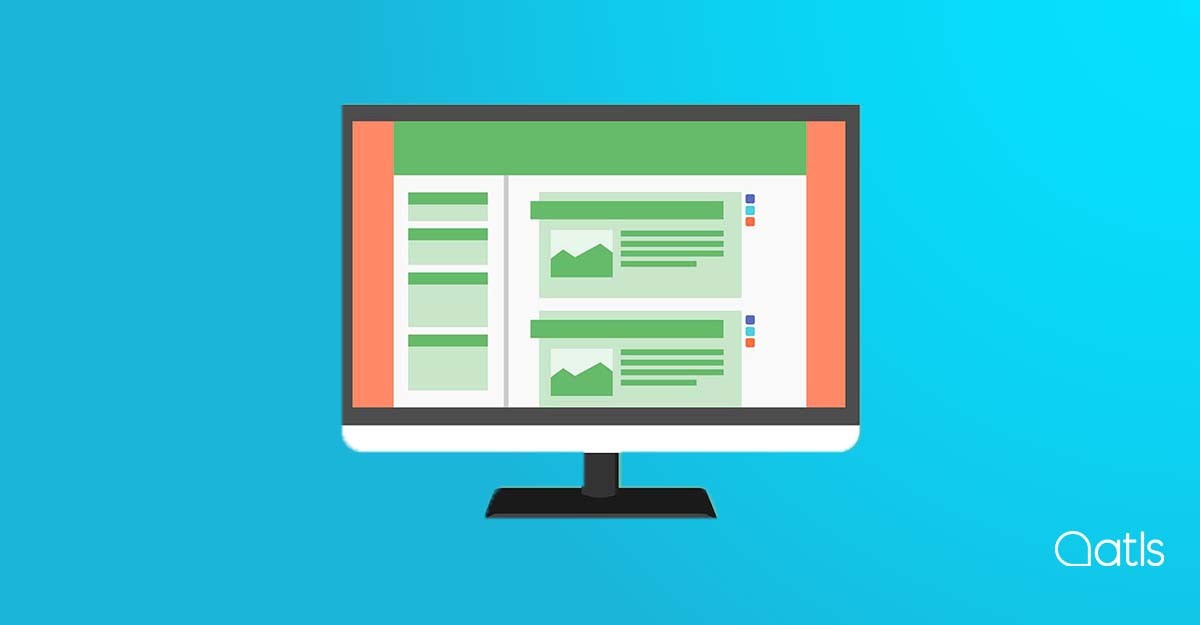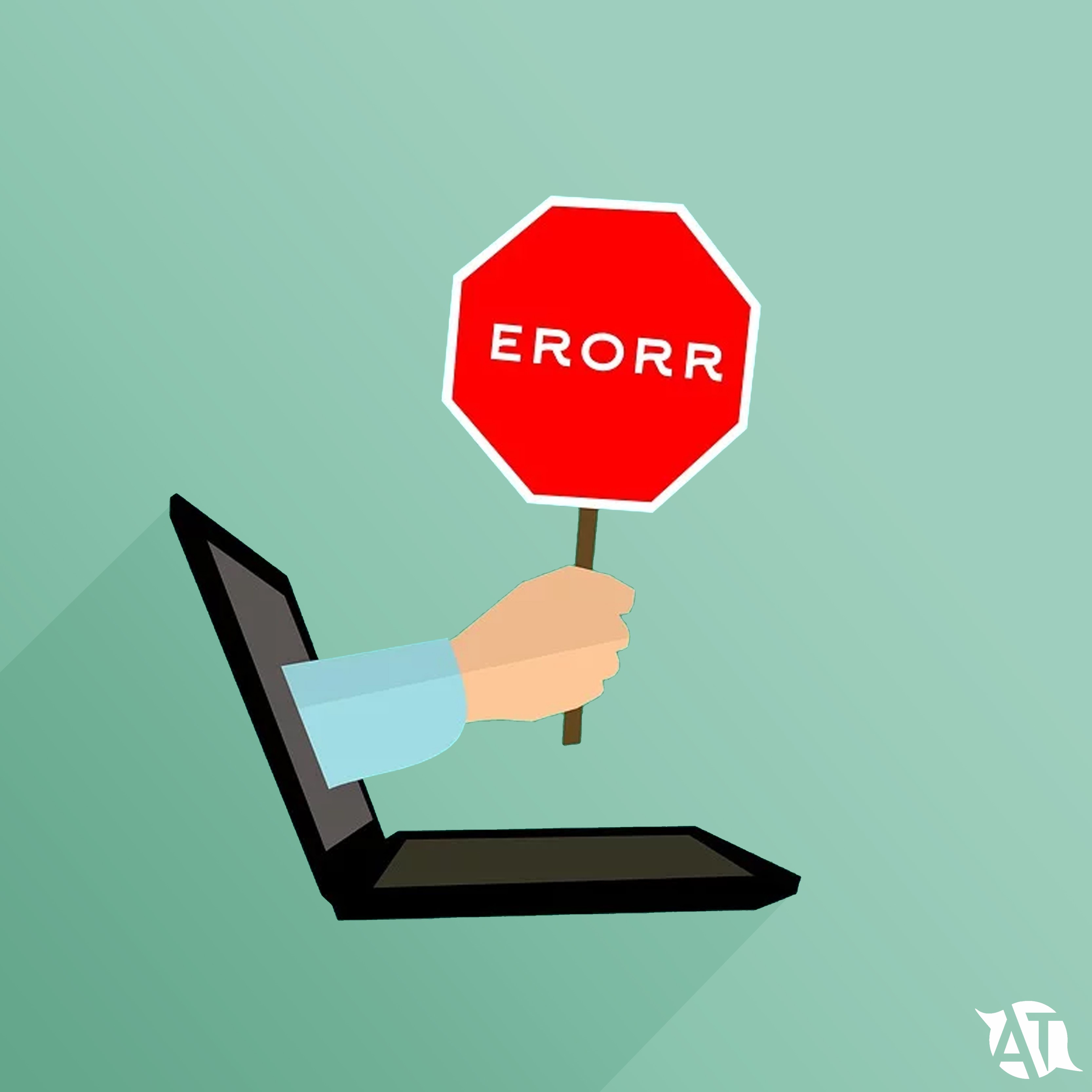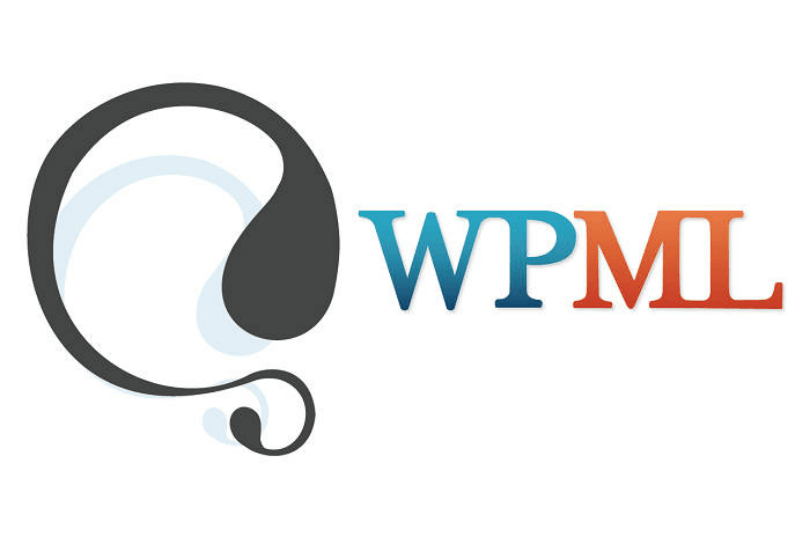8 advantages of using a content management system

Why use a content management system? A content manager or CMS allows you to build and manage large volumes of content to publish on your website.
Do you have a content management system? Everything you need to know!
What is a content management system?
A content management system (CMS), is an essential tool for any company that wants to publish and maintain a corporate website. A CMS allows you to create, publish and manage content on a website.
A website is one of the best tools for attracting the attention of internet audiences and maintaining their loyalty. Creating a website using a content management system is much quicker and easier than developing one from scratch. Today we will discuss the advantages of using a content management system for creating a website. Take note!
There are many CMS available and as we mentioned in one of our previous posts, two of the most popular are WordPress, used by 25% of all websites, and Drupal.Why should you create a website using a content management system?
What are the advantages of using a content management system?
Below we discuss the 8 advantages of using a CMS for your website:
It's easy to implement and maintain
This is one of the main advantages. As no programming is required, all website owners can manage the maintenance of their website without having any technical knowledge. Thus, management costs are lower, less time is needed and intermediaries are not required in the creation of the website.
It is user-friendly and scalable
Most content management systems are easy to install, and they are also user-friendly, intuitive, which facilitates the management of content as well as the installation of plugins. The majority of CMS are also very flexible and are ideal for any company, regardless of its size.
Content homogeneity
All content management systems offer a variety of templates, those of each management system and those obtained through the installation of plugins. When establishing a predetermined template, all the content published is created using this layout, thus ensuring coherence and usability of the website.
Multiple features
Each content manager offers multiple plugins, both free and paid, which extend an existing site's functionality without the need for programming; such as, for example, improvements in SEO, spam control, the creation of surveys or the addition of a new payment method for a store.
Friendly URLs
Content management systems automatically generate friendly URLs from the title of each page published. They also allow the editing of these to improve SEO ranking.
SEO
This is one of the most important functionalities of a content management system as it permits you to index your website easily. Furthermore, each content management system uses the SEO differently. WordPress, for example, has the Yoast SEO plugin, which offers a complete guide to the ranking of entries or pages of a website.
Easy user interaction
Thanks to functionalities added by the plugins of each content management system, user interaction is encouraged, making it easy to share the entries in a blog on social networks, leave comments or subscribe to a newsletter with a single click.
Security
Besides the frequent security updates for all CMS, the majority of these are supported by a community of programmers that quickly detect and correct any security errors.
In other words, their versatility when publishing and managing the contents of a website and their adaptability to any type of business gives Content Management Systems added value against other more costly options. Do you know any other advantages?




